Over the summer, I’ve been working on developing an introductory course for Egyptian Arabic called, “Egyptian Arabic: the Absolute Beginners Course”. This has taken a lot of my time and that’s why I haven’t been blogging very much. It’s been really fun talking to absolute beginners in Egyptian Arabic to find out what is important to them, and laying out a simple course that approaches Egyptian Arabic from the point of view of asking “how can I begin to interact quickly and effectively in spoken Arabic, in a matter of hours”.
If, by the way, you are interested in being notified when the course goes live, you can sign up here.
Developing the course materials got me thinking about things I’ve learned so far in my own Arabic journey. Here are four things I’ve learned that can help you fast-track your Egyptian Arabic language learning, or any type of Arabic language learning.
1. Use the Arabic that you have so far
Don’t be afraid of making mistakes! One of the most difficult things as a new learner of the language can be the fear of making mistakes. This fear is very counterproductive, because it prevents you from doing the one thing that will actually improve your language, and that is using it. Use it to the full extent that it exists!
Now it’s true that mistakes can mean getting into some potentially awkward situations, but that’s where you can laugh at yourself and what’s happened, and learn. It reminds me of a time in my first year in Egypt in the 1990s when I was visiting a farming village in southern Egypt. I was staying with a friend whose entire extended family lived in the village. One morning we visited his aunt at her house, only to find out that she had invited about 30 women and girls to the house at the same time. A bit awkward, but my friend assured me it was fine. At one point in the conversation, the aunt said to me, “We love having you here with us! I have a great idea… if you pay us 1000 Egyptian Pounds, you can marry my niece, and live with us forever.” Continue reading “4 keys to effective interaction in Egyptian Arabic”

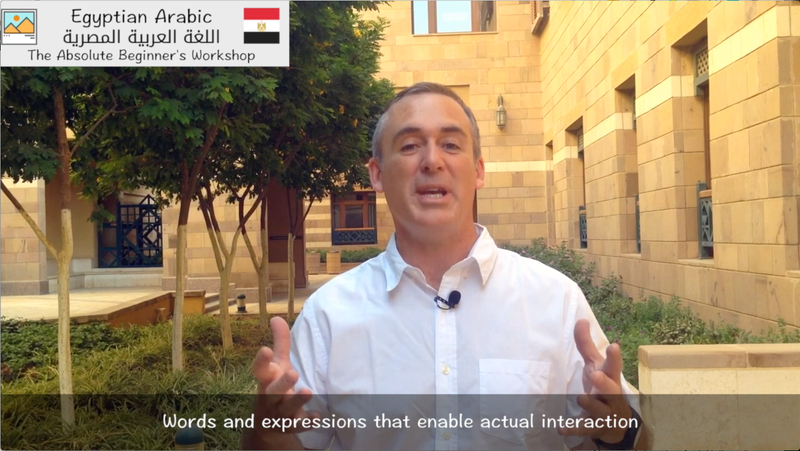
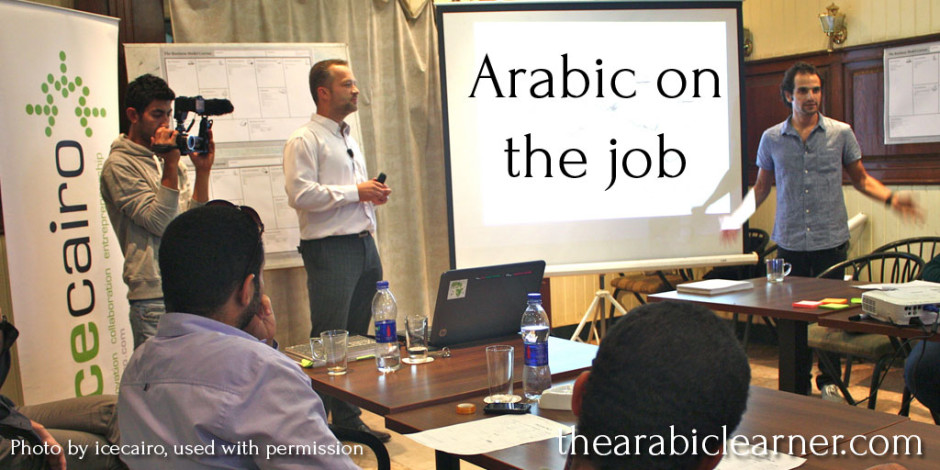


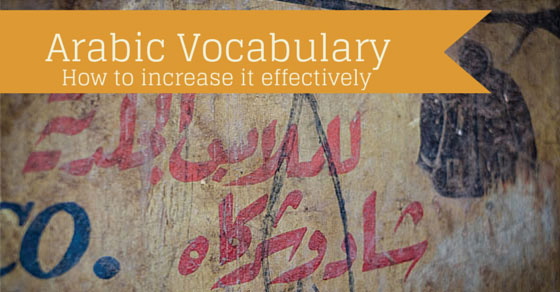


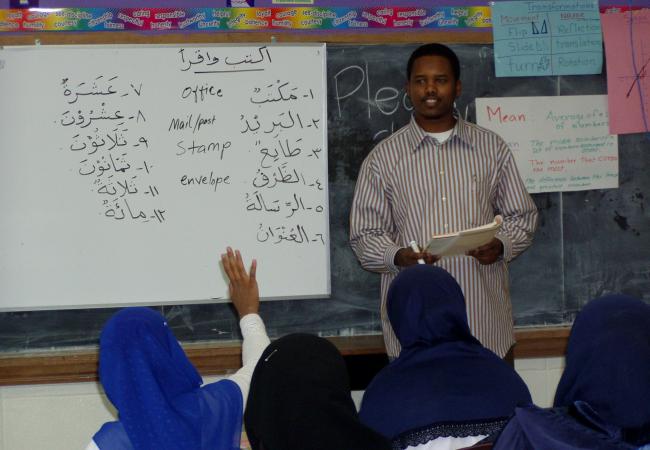
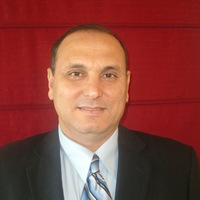

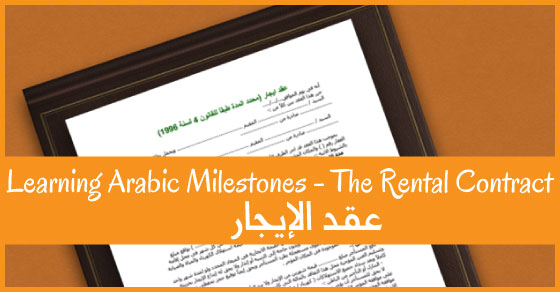


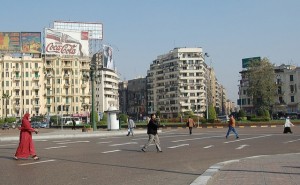


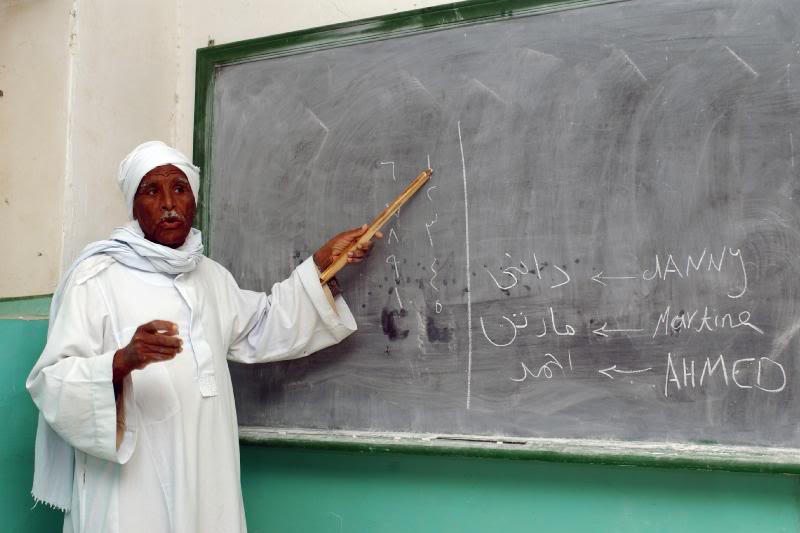

 RSS - Posts
RSS - Posts